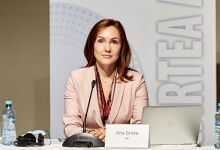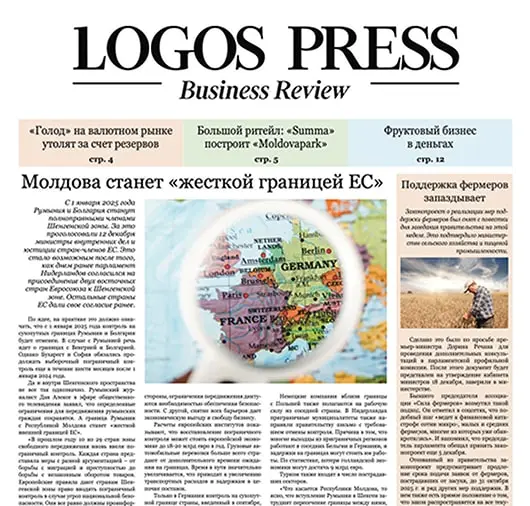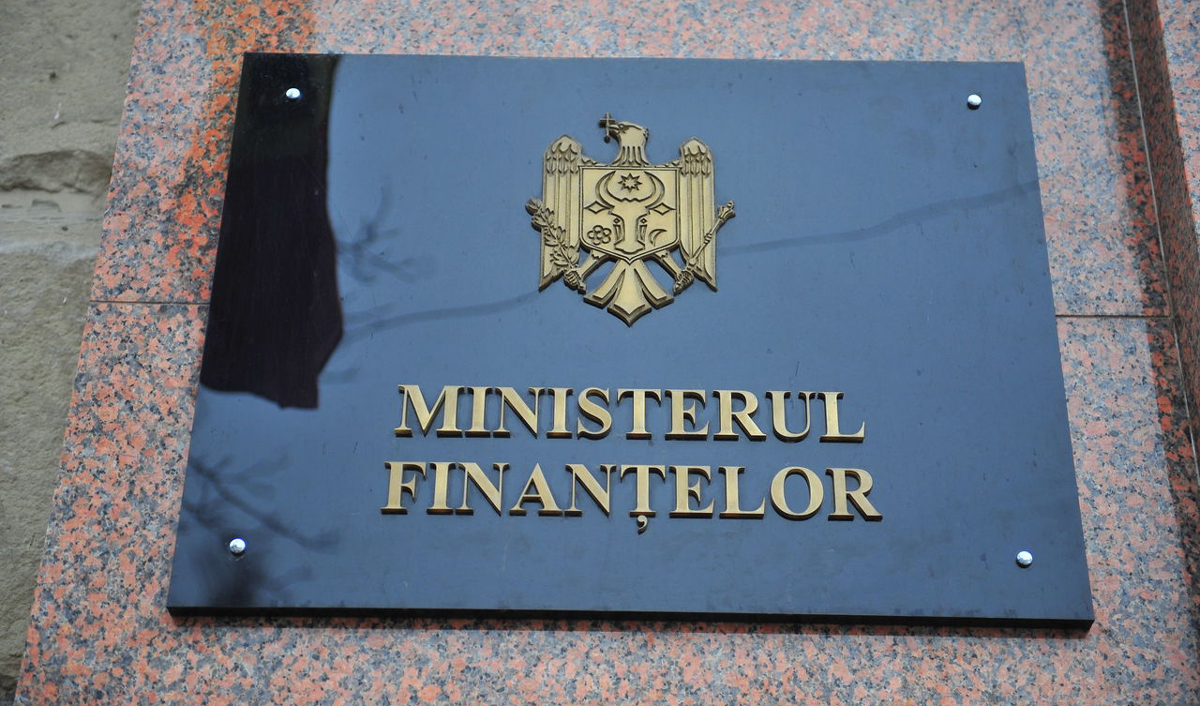Send us a message, and we will definitely consider your suggestions and comments.
Category: Point of View
AIPA approved for payment to farmers 70.84 million lei in subsidies in October, compared to 118.85 million lei in September. The Agriculture Ministry and the Agency for Intervention and Payments in Agriculture (AIPA) informed about this, noting that these amounts are intended for farmers for different types of subsidies.

The Foreign Investors Association (FIA) proposes to establish by law a permanent mechanism for consultation with the business community before approving innovations related to economic activity. The proposal was made in connection with the announcement of the beginning of the development of fiscal and customs policy for 2026.

The State Services Agency has clarified the specifics of the registration of the name of a commercial legal entity containing the official or historical name of a State.

In 1991-1992, the economy of the Moldavian SSR was abolished and the economy of the Republic of Moldova was never created, because there was no project according to which the system of national economy of RM would be built.

In recent years, the process of changing the global economic paradigm has accelerated: neoliberalism, imposed by the global financial oligarchy as a system for extracting all possible resources from all the world’s economies for its benefit, has exhausted its institutional capacity. Financial imperialism has long understood (or at least understood from the start) that the time will come when it will have to abandon this paradigm, which grants it monopoly control over the global economy, and replace it with a different paradigm that will also ensure the same monopoly control over the global economy.

The eighth attempt to approve the capital’s budget for 2025 failed. Chisinau will continue to work on last year’s budget. It is not yet clear if and when another attempt will be made. But if the muncipal council fails to do so by the end of this year, the story will become a precedent that happens for the first time in the capital.

The National Bank of Moldova (NBM) takes inflationary measures when inflation is high. The law stipulates that the regulator’s main task is to keep inflation within a specified range. For many decades, this range has been within the limits set for countries with developing economies: 5% per annum ±1.5 percentage points, i.e., between 3.5% and 6.5% per annum.

“The prospects for the development of the Moldovan economy remain uncertain due to the presence of many constraints and the lack of multilateral and well-thought-out plans for progressive development.” This was stated by Marin Ciobanu, chairman of the Association of Employers of the Manufacturing Industry (APIP), at a meeting of the Economic Press Club on September 23.

During the period of pre-election battles, there are many initiatives and proposals on the topic “How we should settle Moldova”. Among them there are outright populist, initially unrealistic and unrealizable. But there are also quite a number of well-considered solutions to the most pressing problems for the country. Which should be solved not because some political force wants it, but because of the obviousness and necessity for the country. And any political force that seeks to come to power not for the sake of personal or party interests, but for the sake of the country’s development should pay attention to them. And not just to pay attention, but to make the implementation of such initiatives one of the priorities of their activities in the administration of the state. Because it is necessary for people and the country.

The minimum consumer basket (MCB) is not just a set of products and services. It is an economic “mirror” that should reflect the real standard of living and the minimum human needs for survival. In Moldova, according to the National Bureau of Statistics (NBS), the MPC is used to determine the subsistence minimum. However, its composition, methodology of calculation and, as a consequence, its final value raise more and more questions. Is the MPC in Moldova an adequate reflection of reality or is it an outdated anachronism that prevents adequate assessment of poverty and well-being?

Moldova’s economy is facing a number of existential problems that limit its opportunities for development and deep modernization. It is all the more important to identify these problems, prioritize them and determine their impact on the development potential. As well as to propose effective and realistic measures to address them. Otherwise, they may become irreversible, when the situation can become virtually impossible to rectify or cost much more than it can be done with timely adoption of the necessary decisions.

The land use regime in Moldova is not functioning properly, with costs that limit the economic potential and revenues of local budgets. An external compliance audit of the management and assessment of land owned by administrative-territorial units assessed the process of delineation of state land assets as inefficient.





